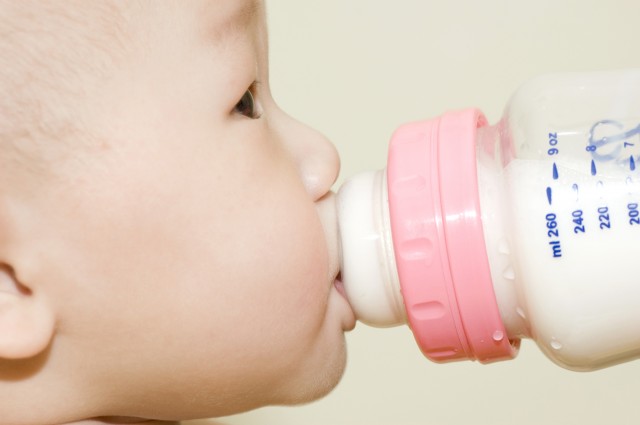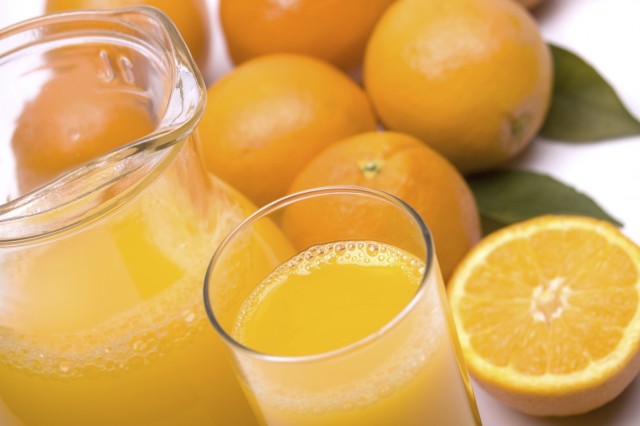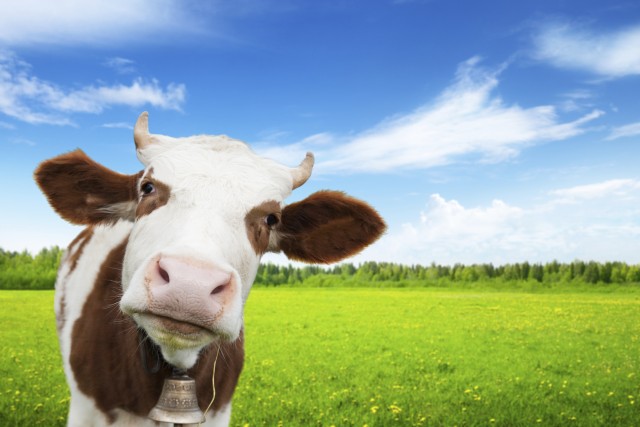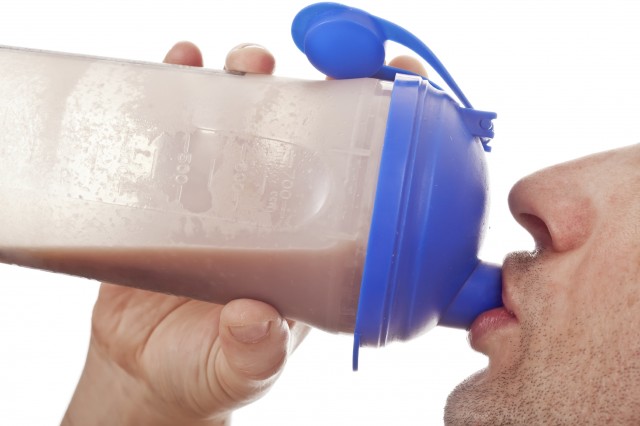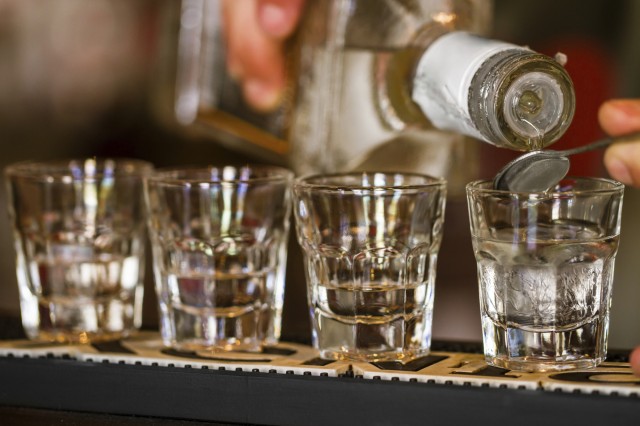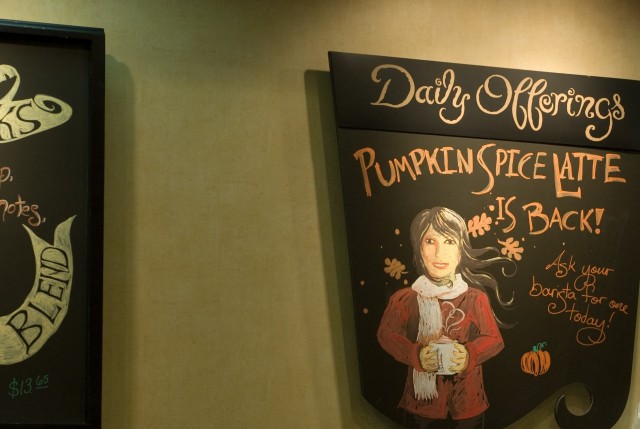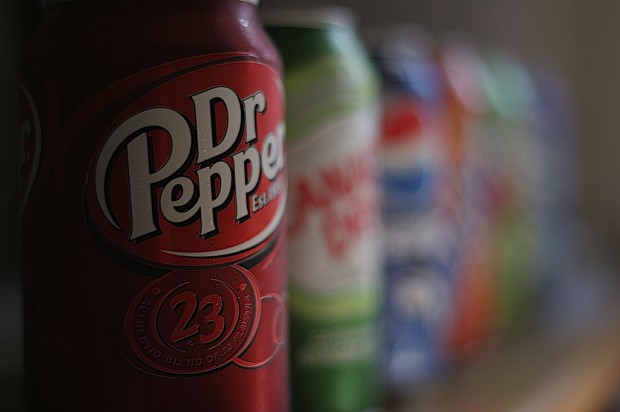
Both San Francisco and Berkeley have measures on their November ballots that would institute a tax on sugar-sweetened beverages. With less than a week to go until Election Day, we're getting down to the nitty-gritty. People want to know exactly what will be taxed -- and what won't.
First things first: The tax is on sugar-sweetened beverages, so diet sodas would not be taxed. After all, they do not have sugar or any other sweetener that has calories. Maybe the moniker "soda tax" is misleading here.
To find out if your favorite beverage would be taxed, ask yourself the following:
- Does this drink contain added sugar (or another caloric sweetener such as high-fructose corn syrup)?
- Does this drink have significant nutritional value (such as, say, milk does)?
If you answer "yes" to the first question and "no" to the second, your beverage is most likely subject to the proposed tax.
Here are drinks that are subject to the tax (farther down are exempt drinks):
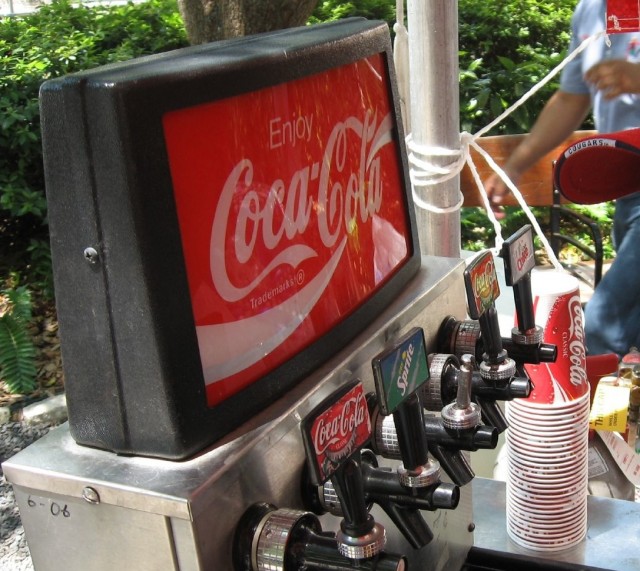
Sodas -- such as regular Coke, Pepsi, 7 Up, etc. (But not diet sodas.) This includes sodas in bottles and cans, as well as fountain drinks. Both the Berkeley and San Francisco measures call for taxing the syrup used to make fountain drinks. The syrup is taxed according to the largest volume, in fluid ounces, that could be produced from the sugar-sweetened syrup. For example, if a distributor sells a 12-ounce bottle of syrup and that syrup can be used to make 144 ounces of beverage, the tax is levied on the 144 ounces of beverage.
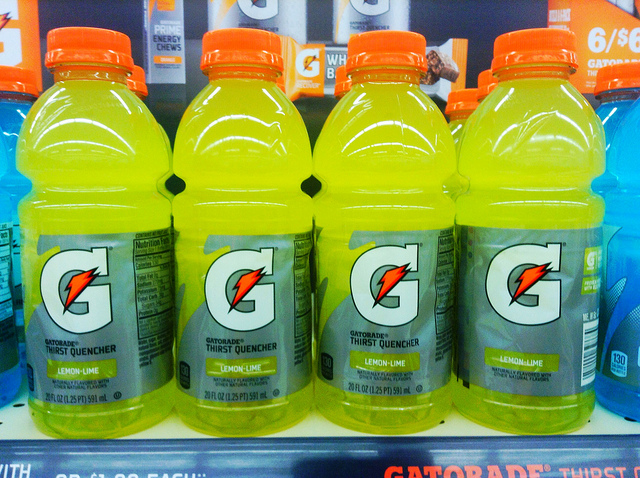
Sports drinks, such as Gatorade. While the Gatorade label says that there are 14 grams of sugar in each 8-ounce serving, the bottles above are 20-ounces each. That means there are 35 grams of sugar in the bottle -- the equivalent of almost nine teaspoons of sugar. Energy drinks often are sugar-sweetened as well. Ditto, Vitamin Water.
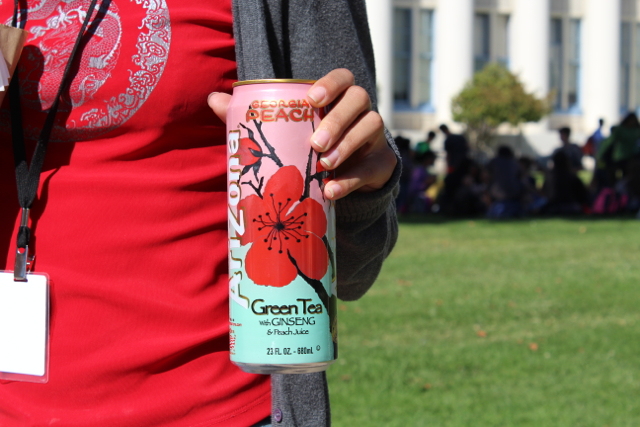
Sweetened teas are especially popular with teens. The 23.5-ounce can of Arizona Green Tea pictured above contains 51 grams of sugar -- that's more than one-third of a cup. It would be subject to the tax.
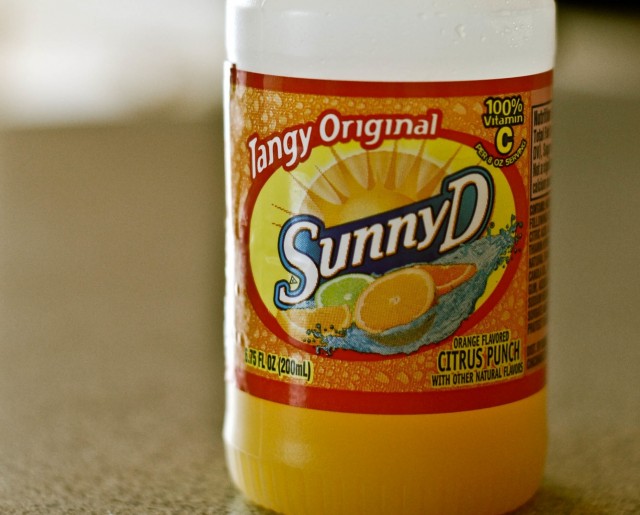
While 100 percent juice drinks are exempt from the tax (see further below), drinks that contain less than that are subject to the tax. For example, according to the Sunny D nutrition label, the product contains 5 percent juice -- and added high-fructose corn syrup. The added corn syrup triggers the tax.
San Francisco's Proposition E would levy a 2-cents-per-ounce tax on sugar-sweetened beverages that have at least 25 calories per 12-ounce drink. The tax revenue generated is earmarked to be spent on health programs. Since the tax is earmarked, it needs a two-thirds supermajority to pass.
